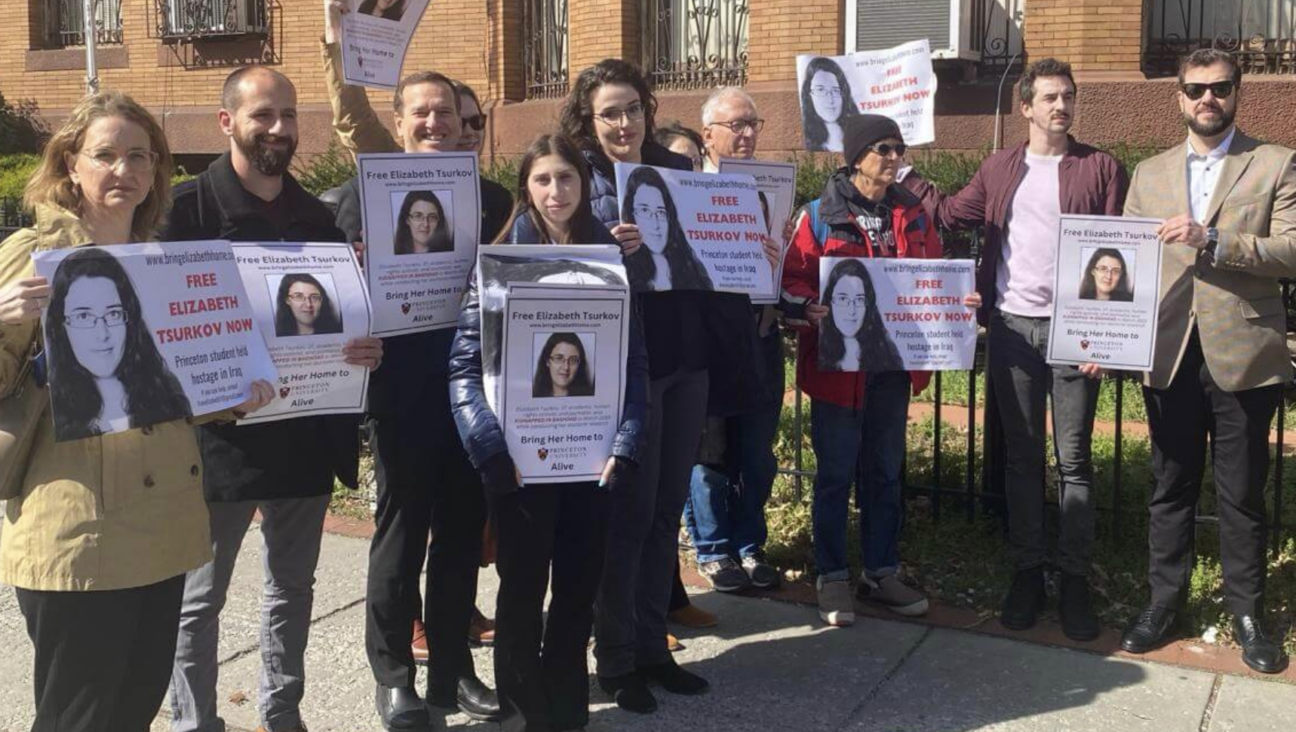World Economy Needs a New Deal
I n the great and growing debate over globalization and outsourcing, there are always new arguments from both sides — from those who look upon these recent developments as a boon to the world economy and those who look upon the same developments as certain to bring gloom to the world economy. One of the latest and most novel arguments in favor of the United States keeping its doors open to outsourced goods and services is based on the history of “free trade” within the United States itself.
“We rarely realize,” Virginia Postrel writes in The New York Times, “that the United States is one giant free-trade zone. Businesses can move their plants, investors can move their money, and workers can move themselves from region to region without government permission.” She notes that, in this mini-free-trade world, there has been no race to the bottom. So why should we worry about outsourcing jobs to China, India, Mexico and other countries where wages are a tiny fraction of what they are in the United States?
Actually, at one time Uncle Sam did worry, and with good reason. The textile industry that started in New England had high wage standards. It also had union agreements. So textile corporations decided to “outsource.” They moved their plants, en masse, out of New England and into Dixie, where wages were much lower and where the labor movement was almost helpless in counties where the local governing agencies and their police made life intolerable for a union organizer.
The outsourcing of work by textile companies set an example for other companies originally based in the North, such labor-intensive industries as apparel, shoes, toys and novelties. Indeed, the resulting lowered wages were one cause of the Great Depression.
Then came the New Deal under President Franklin Roosevelt. The Fair Labor Standards Act was passed, establishing a legal floor to wages and a legal limit to the hours of work in a day or week. Hours worked beyond that standard had to be compensated at time-and-a-half. A National Labor Relations Act was passed that encouraged the growth of unions and obliged employers to bargain in good faith with any union selected by a majority of employees. In due time, other universal standards were established. Employers had to contribute to a federal fund and state funds to provide unemployment insurance and social security. Child labor was outlawed. Occupational safety and health standards were established to reduce the hazards of the workplace. And employers were obligated to live under these all-encompassing rules and regulations, no matter where they were in the United States.
Thereafter, it was within these enlightened conditions that “free trade” among the states of the United States took place. If similar standards were to be established globally along the American model, would that be in the best interest of America and the other nations of the world? The answer has to be a resounding yes.
But how can it come to pass? In three steps: The first step is for the United States to get together with the European Union (and perhaps Japan) and agree on a course of action. The second step would be to go the World Trade Organization and urge it to make all future trade agreements contain provisions on labor rights. If the WTO says that this subject is off-limits for them, then we should suggest that the WTO form a partnership with the International Labor Organization, an arm of the United Nations that has been working at a labor-rights code for some eight decades and no doubt would be glad to use the enforcement power of the WTO to bring its proposals to life — and usher in a global New Deal!
A message from our Publisher & CEO Rachel Fishman Feddersen

I hope you appreciated this article. Before you go, I’d like to ask you to please support the Forward’s award-winning, nonprofit journalism so that we can be prepared for whatever news 2025 brings.
At a time when other newsrooms are closing or cutting back, the Forward has removed its paywall and invested additional resources to report on the ground from Israel and around the U.S. on the impact of the war, rising antisemitism and polarized discourse.
Readers like you make it all possible. Support our work by becoming a Forward Member and connect with our journalism and your community.
— Rachel Fishman Feddersen, Publisher and CEO






















